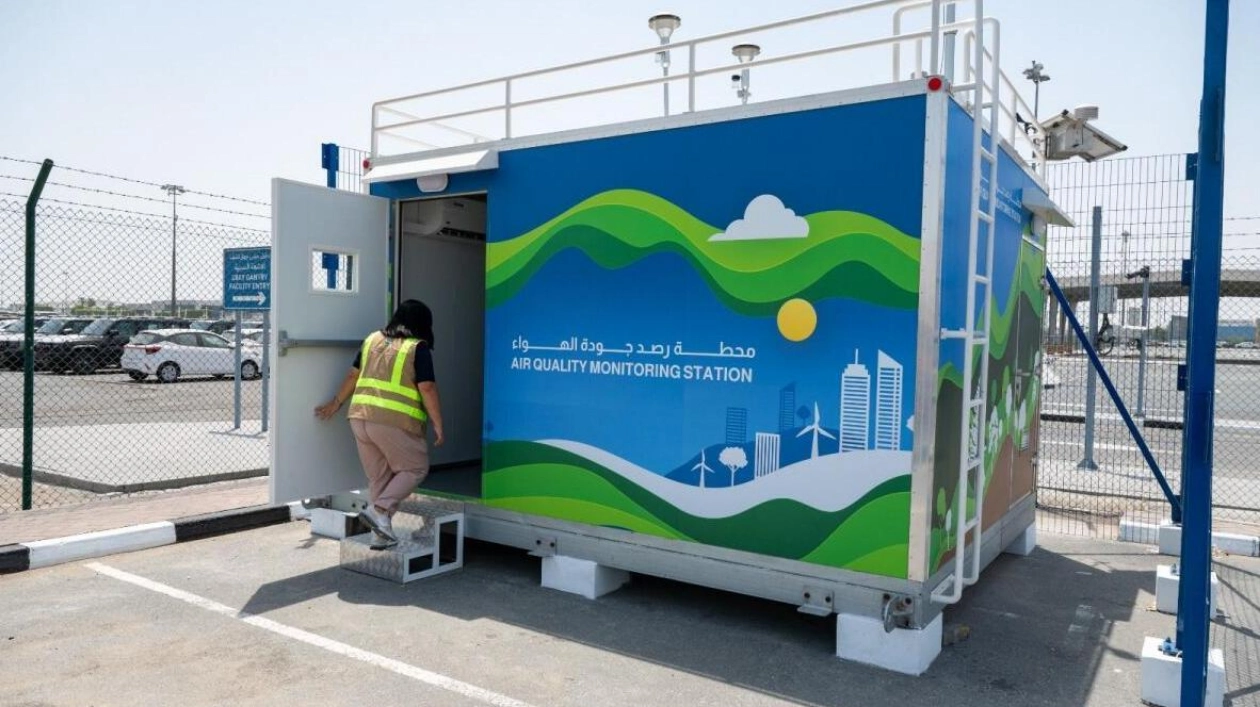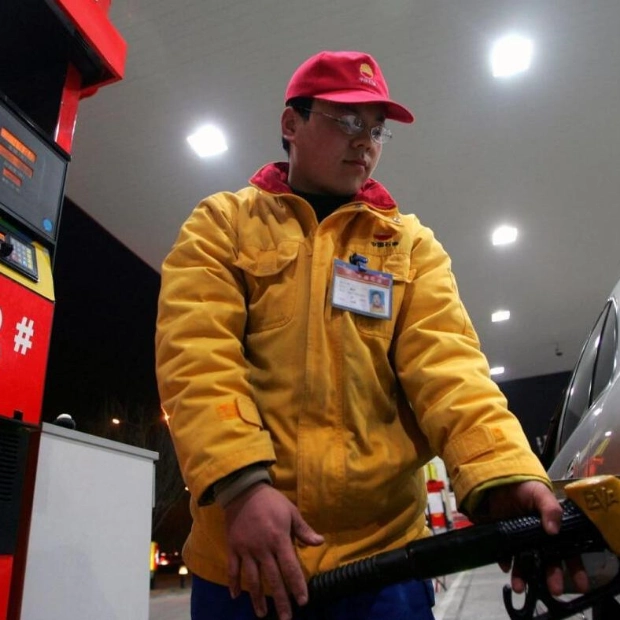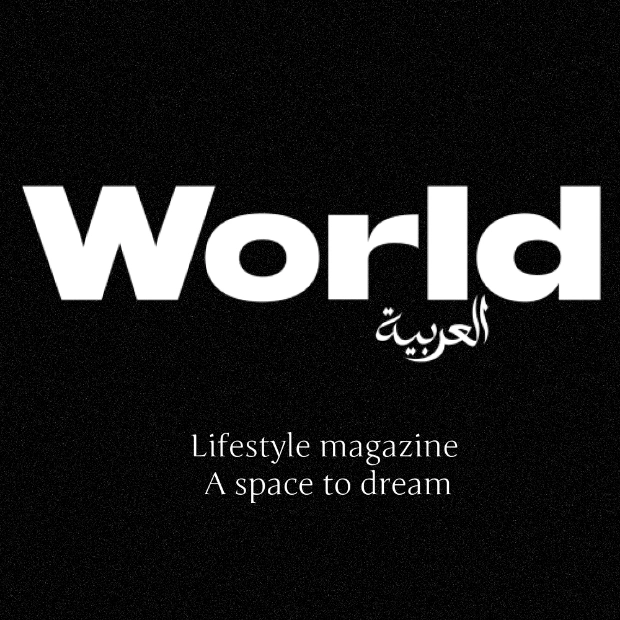Hidden in the corner of Jebel Ali, amidst large factories, lies a modest structure known as an air quality monitoring station. Despite its unassuming size, this station is capable of measuring 101 different types of air pollutants along with parameters like temperature, humidity, and wind direction. The Dh2 million facility, launched on June 5th, World Environment Day, is designed to safeguard the health of workers in the vicinity. “Given the concentration of factories in Jebel Ali, it's crucial to ensure that air quality is not compromised by pollutants,” explained Salem AlHammadi, Director of Environment, Health and Safety at the Department of Planning and Development from Trakhees. “Monitoring for harmful pollutants is essential to guarantee the safety of both residents and workers in the area.” The facility continuously measures air quality and collects data, which is then analyzed by a team of experts at the Ports, Customs, and Free Zone Corporation. Inside the station, a pipe in one corner collects air from outside, which is then divided into seven parts and fed into various sensors to measure different pollutants. Eleven sensors, stacked vertically, measure the air, with two of them detecting 90 pollutants and the remaining nine assessing 11 other parameters. These sensors require different conditions such as flames, air, and water to operate effectively. One sensor measures fine dust, while another tracks larger dust particles. “These dust sensors will aid in predicting dust storms and understanding their causes,” noted Moodhi Ali Rasheed, Senior Officer Environment, Public Health and Safety at Trakhees. “They will also help pinpoint the origin of sandstorms, whether natural or industrial.” In another corner of the center, a computer displays real-time levels of pollutants in both graphical and numerical formats. “This system also provides averages of various chemicals in the air every second and every five seconds,” added Ali Rasheed. The station aligns with the Dubai Quality of Life Strategy 2033, part of broader initiatives led by Sheikh Hamdan bin Mohammed bin Rashid Al Maktoum, the Crown Prince of Dubai, to enhance the overall quality of life in the emirate. AlHammadi emphasized that accurate air quality data from Jebel Ali can inform local and national environmental policies, helping to assess and minimize the environmental impact of industrial activities and ensure compliance with environmental standards.

Text: Lara Palmer
18.06.2024
Facility Measures 101 Types of Pollutants to Protect Residents and Workers





